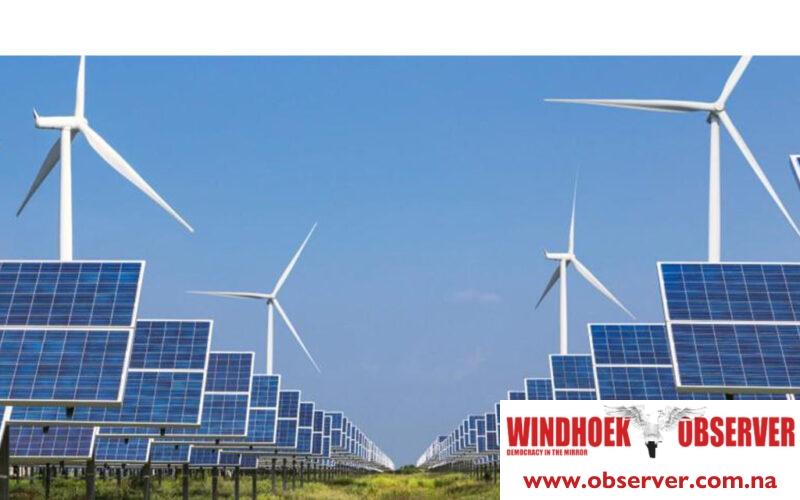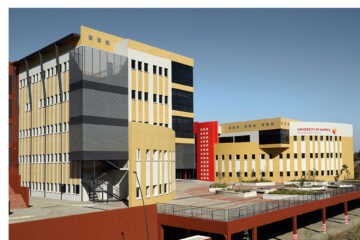Mallex Shipanga
Adrianus Vugs, an expert in the financial sector, has also voiced his opposition to government funding for green hydrogen projects.
“Our government should not participate in funding any of these green hydrogen projects,” Vugs advised on his LinkedIn status on Tuesday.
Vugs said that he prefers donors or the private sector to fund the green hydrogen projects.
“I suspect that this is the start of a long list of “green hydrogen” failures,” Vugs said.
His comment follows the Dâures Green Hydrogen Village project’s request for additional funding from the German government, despite already spending N$232 million on the project.
There are over a dozen other green hydrogen projects nationwide.
These projects include Chiffon Green Hydrogen, Cleanergy Solutions Namibia, Elof Hansson Hydrogen Namibia, GreenGo Energy, HDF Renewable Project, Hydrogen Oshivela Project, HyRail Project, Kaoko Green Energy Solutions, Neogreen Hydrogen Namibia, Southern Corridor Development Initiative (SCDI), TransNamib Halts Hyrail Project, and Zhero Green Hydrogen.
In response to Vugs’s post, multiple people in the financial sector took to social media.
The director of the Graduate School of Business, Hylton Villet, expressed his thoughts on the green hydrogen projects.
“We must stop the Europeans from dictating what is ‘good’ for us. This neocolonialism must end.”
Agribusiness value chain expert Forrest Patrick Branch also shared his opinions on the green hydrogen projects.
“A market-driven and demand-led H2 industry is sought but arguably not yet found,” he said.
Audit manager Dina Uiras at PricewaterhouseCoopers (PwC) questioned the green hydrogen projects.
“I really just want to see a proper document. How much was spent on each project? And who are the beneficiaries?” she said.
Rowland Brown, Cirrus Capital founder, last month also warned against the use of public money to develop green hydrogen.
“Using Namibian public funds for this is nothing short of reckless,” Brown said.
According to the Namibia Green Hydrogen Programme, strategic partners for green hydrogen projects are Germany, the Netherlands, and Belgium.
Germany, for example, commits to contributing up to €40 million in grant funding to deepen green hydrogen cooperation with Namibia.
GH2Namibia, in its frequently asked questions, explained that government debt may increase depending on the nature of funding received or used for the project.
“If funding from donor sources is tapped into, then the debt is not growing. However, when concessionary capital backed by government guarantees is used, then the size of the debt will grow. However, the critical factor is the cost of the debt. If the government taps into normal loan facilities at the current cost of capital, then the debt burden grows. However, when cheaper and concessionary capital sources are used, the debt burden is smaller,” responded GH2Namibia.




